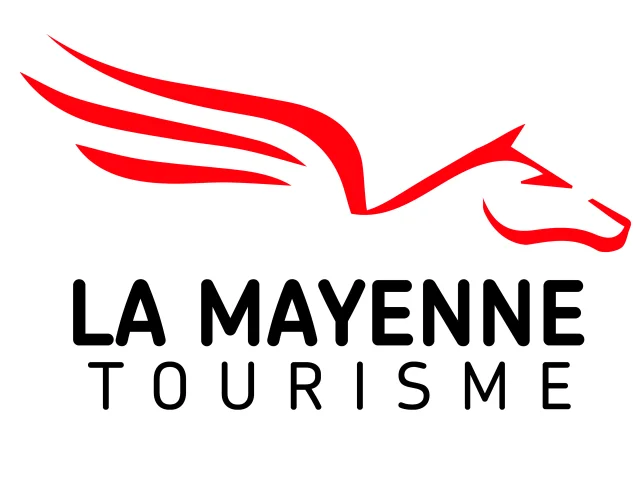The region is responsible for planning, financing and coordination (articles L.131-1 and L.131-2 of the Tourism Code). It is the regional council that “coordinates public and private initiatives in the region in the fields of tourism development, promotion and information”. Each region has a regional tourism committee (CRT), which is responsible for drawing up the regional tourism and leisure development plan.
At the same time, the department implements tourism policy within its territory. The departmental council sets up a departmental tourism committee (CDT), which prepares and implements the department’s tourism policy (article L.132-4 of the Tourism Code).
Since the law on the new territorial organization of the Republic known as the NOTRe law of August 7, 2015, and in application of article L. 134-1 of the tourism code, competence “in matters of tourism promotion, including the creation of tourist offices” has been transferred from communes to public establishments for intercommunal cooperation (EPCI) with their own tax status. They automatically exercise, in place of their member communes, the competence to create, develop, maintain and manage tourist activity zones, under the conditions and subject to the reservations set out in the articles governing them.
The Tourist Office is responsible for welcoming and informing tourists, as well as promoting tourism within the group of communes, in coordination with the departmental and regional tourism committees. It may also be responsible for all or part of the development and implementation of local tourism policy. The tourist office may market tourist services (article L. 133-3 of the French Tourism Code).




